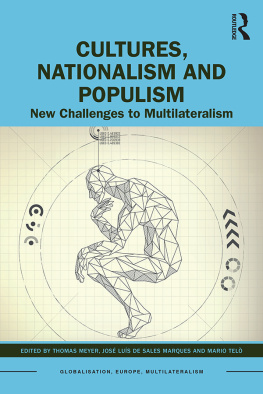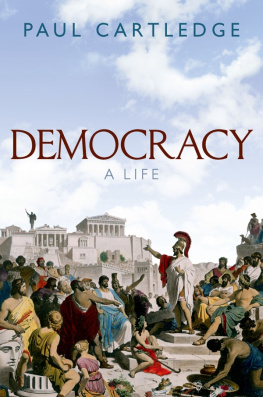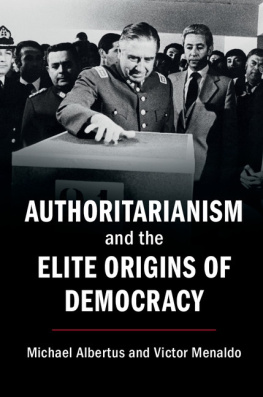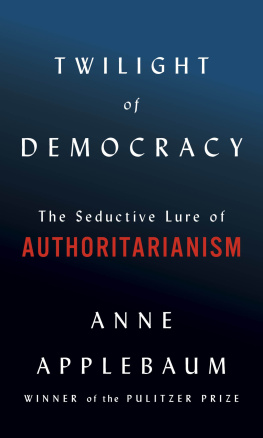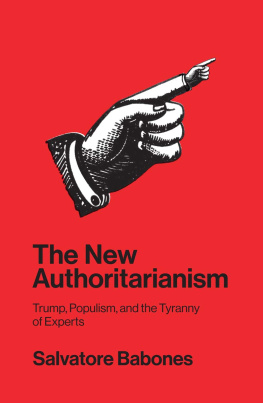Contents
Guide

Simon & Schuster
1230 Avenue of the Americas
New York, NY 10020
www.SimonandSchuster.com
Copyright 2019 by Matt Stoller
All rights reserved, including the right to reproduce this book or portions thereof in any form whatsoever. For information, address Simon & Schuster Subsidiary Rights Department, 1230 Avenue of the Americas, New York, NY 10020.
First Simon & Schuster hardcover edition October 2019
SIMON & SCHUSTER and colophon are registered trademarks of Simon & Schuster, Inc.
For information about special discounts for bulk purchases, please contact Simon & Schuster Special Sales at 1-866-506-1949 or .
The Simon & Schuster Speakers Bureau can bring authors to your live event. For more information or to book an event, contact the Simon & Schuster Speakers Bureau at 1-866-248-3049 or visit our website at www.simonspeakers.com.
Interior design by Lewelin Polanco
Jacket design by Kapo Ng
Library of Congress Cataloging-in-Publication Data has been applied for.
ISBN 978-1-5011-8308-9
ISBN 978-1-5011-8309-6 (ebook)
PREFACE
Power always thinks it has a great Soul, and vast Views, beyond the Comprehension of the Weak, and that it is doing Gods Service, when it is violating all his Laws.
John Adams

M ary Russell of The Washington Post called them the Red Guard of the Revolution.
In January of 1975, a giant crop of angry and newly elected Democratsnicknamed Watergate Babiescame to Washington, D.C. They were long-haired, young, aggressive, and progressive, determined to clean up government and stop the war in Vietnam and they flooded into Congress. The raw number of pickups understated the change to the Democratic Party itself. Due to retirements, there were seventy-five new Democrats in the House of Representatives alone, many young, eager, and disdainful of the party hierarchy. More than 40 percent of all Democrats in the House had served for less than six years.
One of the first people this group targeted was an old man from rural Texas, a former tenant cotton farmer named Wright Patman, the head of the House Banking and Currency Committee who had first been elected to Congress in 1928. Antiwar liberals saw that the key to power in the House was through committees, with the flow of legislation controlled by committee chairmen picked based on length of service. Old menoften southern reactionarieshad used this seniority system to do terrible things, such as bottle up civil rights legislation. So existing liberals in office, with votes from the new radicals, demanded that the full Democratic Caucus get a say on who ran what committee.
Ironically, Patman had a lot in common with the incoming class. He was, for instance, the very first Democrat to investigate Watergate. But he was vulnerable to the new liberals he had helped elect. They were young, he was old. They were vehemently opposed to the war in Vietnam, he had voted for it. They were a TV generation, and knew affluence and campus politics. He was rural, southern, without a college degree, and had gone through the crucible of the 1930s. By contrast, as Watergate Baby Paul Tsongas observed, Our generation did not know the Depression.
And yet, something else was going on. Liberals were the face of the coup, but bankers were quietly organizing the rebellion from behind the scenes. For forty-five years, Patman had fought concentrated financial power and monopolies, part of a politics that stretched back to the founding of the country. He was the living embodiment of an American tradition, the last populist. And it was a tradition the financiers sought to kill.
The Watergate Babies didnt understand they were being manipulated. They were antiwar, not anti-bank. Some had even been bankers. His economic ideas were not in pace with modern concepts, said liberal congressman Pete Stark. Stark had been elected just two years before, becoming famous by putting a giant peace sign on his bank. Enemies of Patman told the newcomers that to be important, they had to make a mark. Nothing would do that like getting rid of the genial old man. Toby Moffett, another young congressman, bought into this. He called Patman a terrific fighter, but, he said, it seemed time to move on. Patmans politics, which focused on financial and monopoly power, was irrelevant.
The Texas delegation rose up in defense of the old man. Barbara Jordan, the star of the impeachment against Nixon and one of the few black women in Congress, supported Patman. His defenders were led by powerful Texas Democrat Jim Wright, who pleaded with the new members not to depose the one man who has been our most inveterate, most persistent, most consistent and most outspoken foe of monopoly, exorbitant interest rates, and special privileges of all sorts. In what one young member called the greatest political speech he had ever heard, Wright asked, must we commit patricide?
When it came time for the vote, Patmans loss was a foregone conclusion. He was crushed. It was indeed, as The Washington Post put it, a revolution.
A short time later, Patman died of pneumonia. His body was flown back to Texarkana in a United States Air Force transport plane, and his body taken through the district, stopping at a catfish restaurant in the African American section of town he frequented when he returned to the district. As the hearse passed, his constituents, whom he had called the plain people, lined the streets several deep. More than a thousand people packed the church at his funeral.
Jim Wright, later Speaker of the House, eulogized Patmans life. He often comforted the afflicted and afflicted the comfortable, talking of Patmans fights against big business, banks, and the Klan. Well done.
For two hundred years, Americans had fought concentrated power, relying on leaders like Patman. But now there was no one left to carry on the tradition. The new generation had, unwittingly, committed patricide.
Almost immediately, the liberal-led Congress was confronted with a mess of incomprehensible economic problems. The American economic engine was supposed to produce an endless surfeit of goods, services, and jobs, automatically. But now it was sputtering, with inflation, oil shocks, corporation bankruptcies, deep recession.
Without guidance, the new generation panicked. Rudderless and afraid, they turned to a group of scholars who promised them efficiency, progress, and freedom. All they had to do was undo the chains on concentrated power that men like Patman had spent their lives securing.
And so they did. They released the beast of monopoly upon the land. The revolution was here.
During the most recent financial crisis, in 20092010, I was a congressional staffer working for a member of Congress on the Financial Services Committee, what I would learn was Patmans old stomping grounds. I kept getting calls from constituents in foreclosure, in crisis, and nothing that my government and my party offered could help them, or was designed to help them. In aggregate, from 2008 to 2012, during the crisis, the American middle class lost roughly $6 trillion. The assets of the powerful recovered value quickly, those of the middle class did not. Meanwhile, political leaders rewarded the so-called Too Big to Fail banks with bailout money, and bank executives, far from being punished, would be rewarded with large bonuses. All over the world, the story was pretty much the same. Bonuses for bankers, little for the rest of us.




